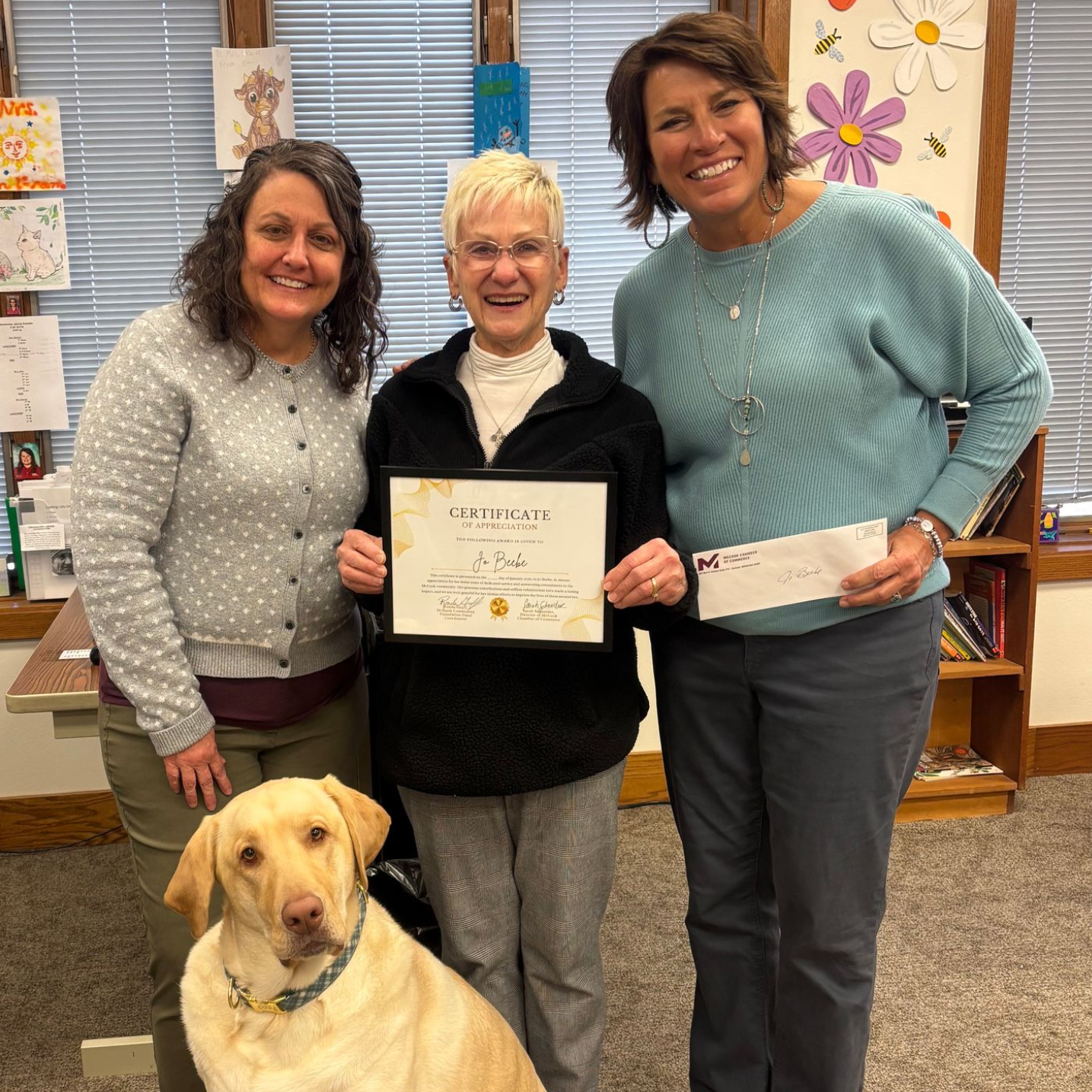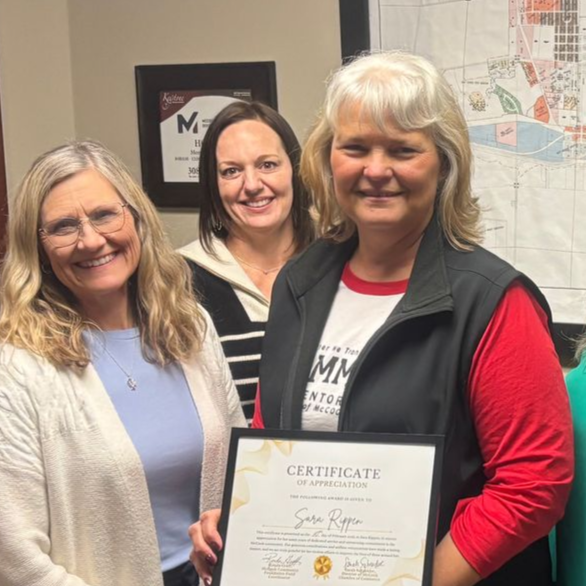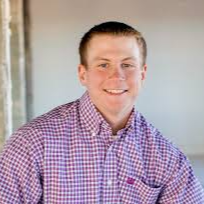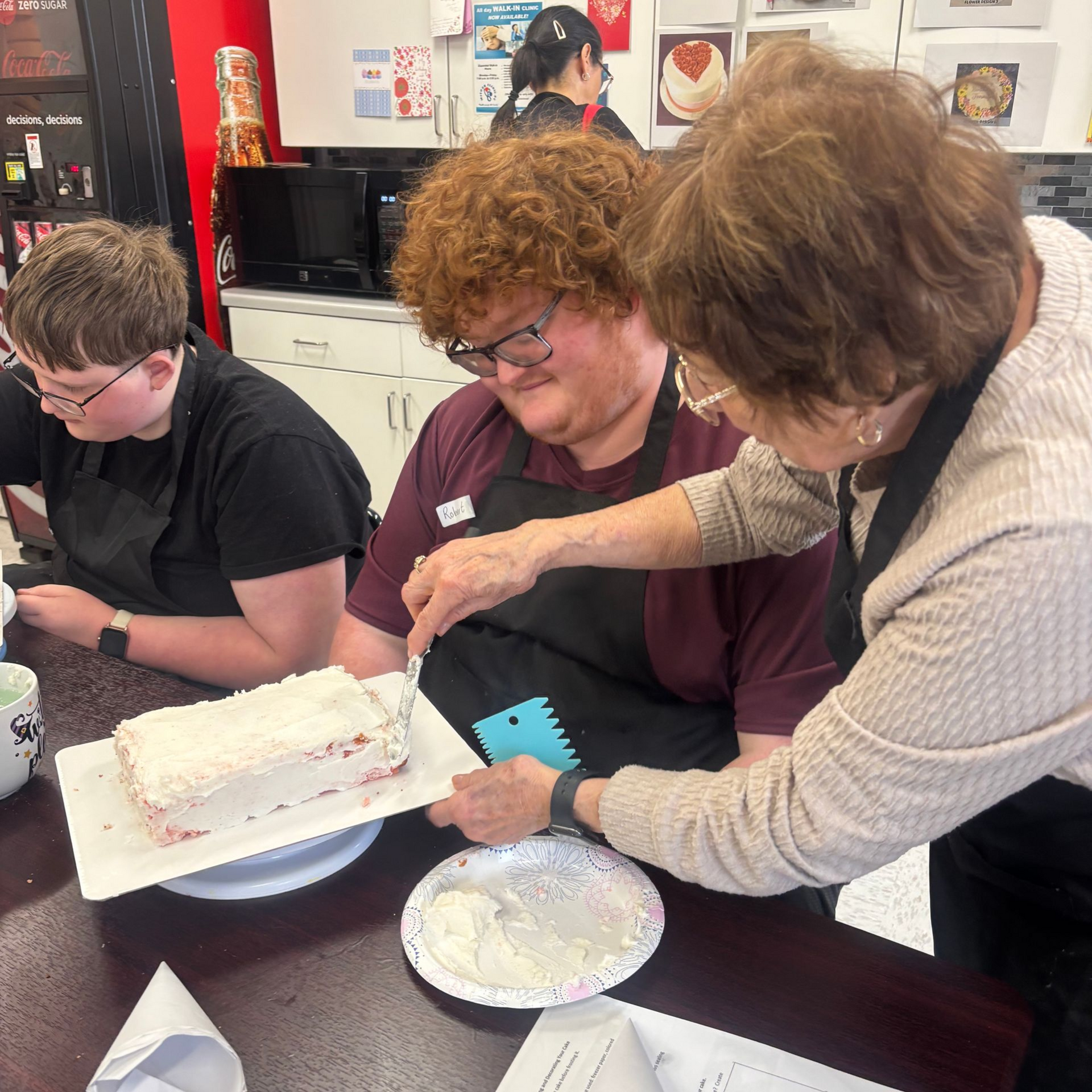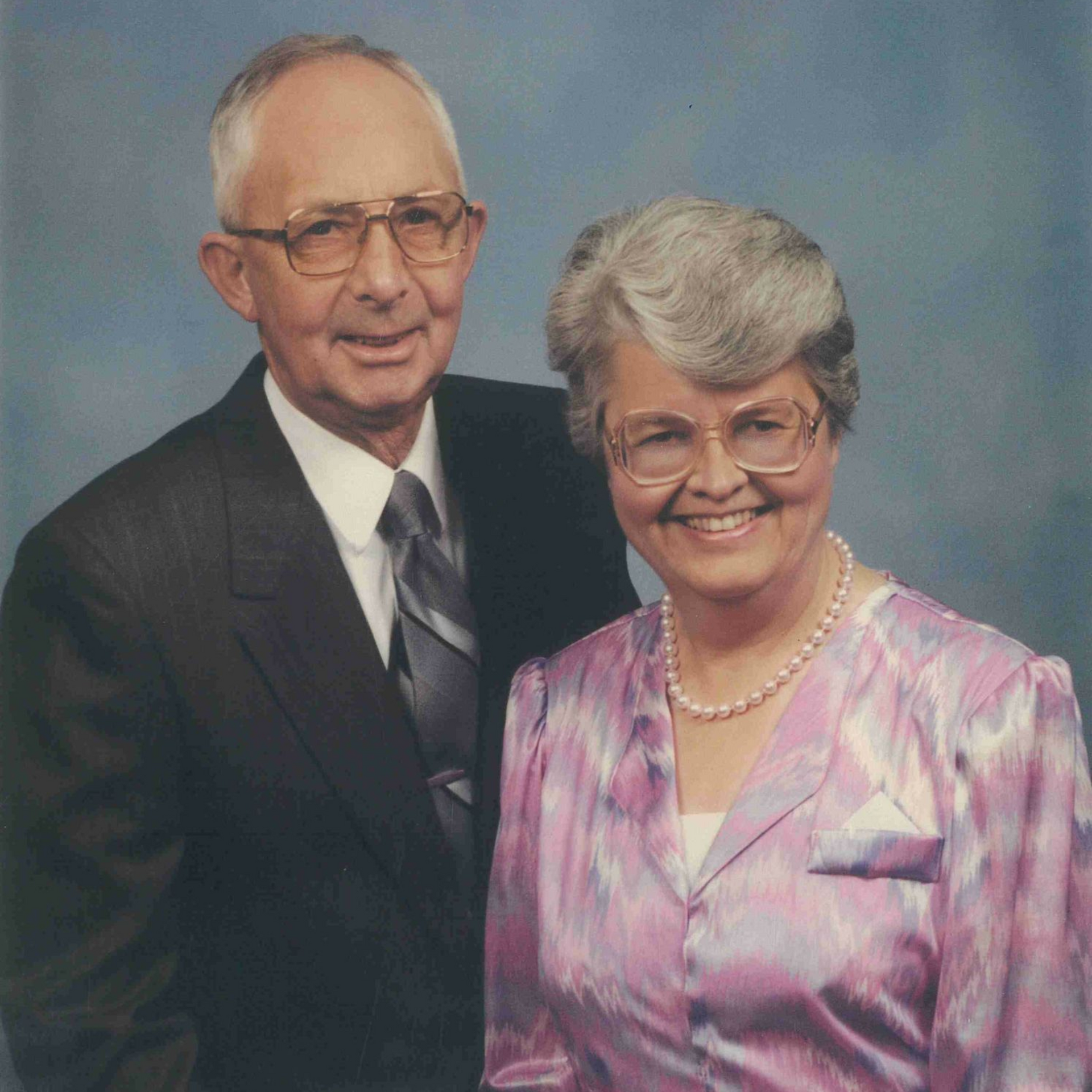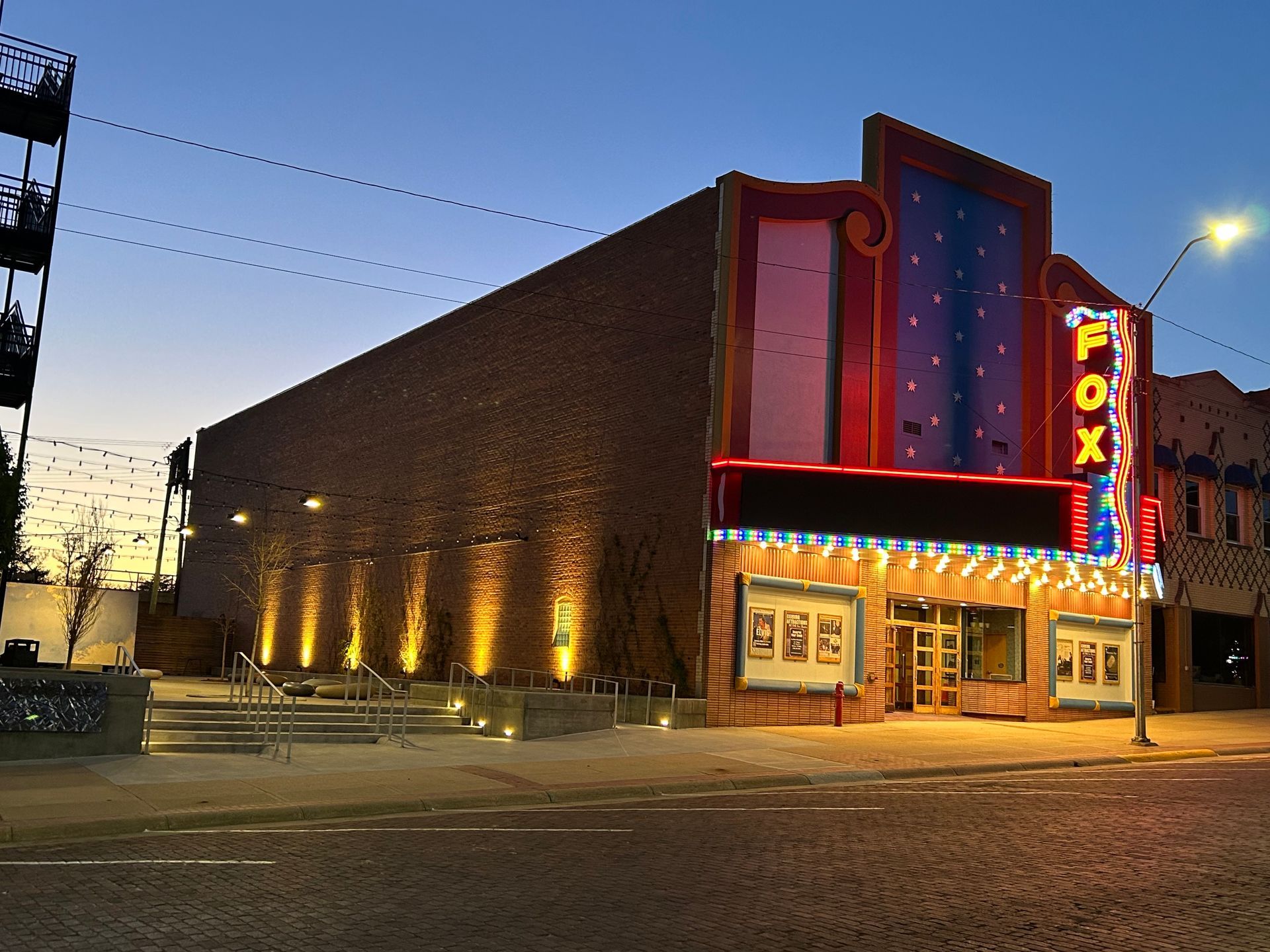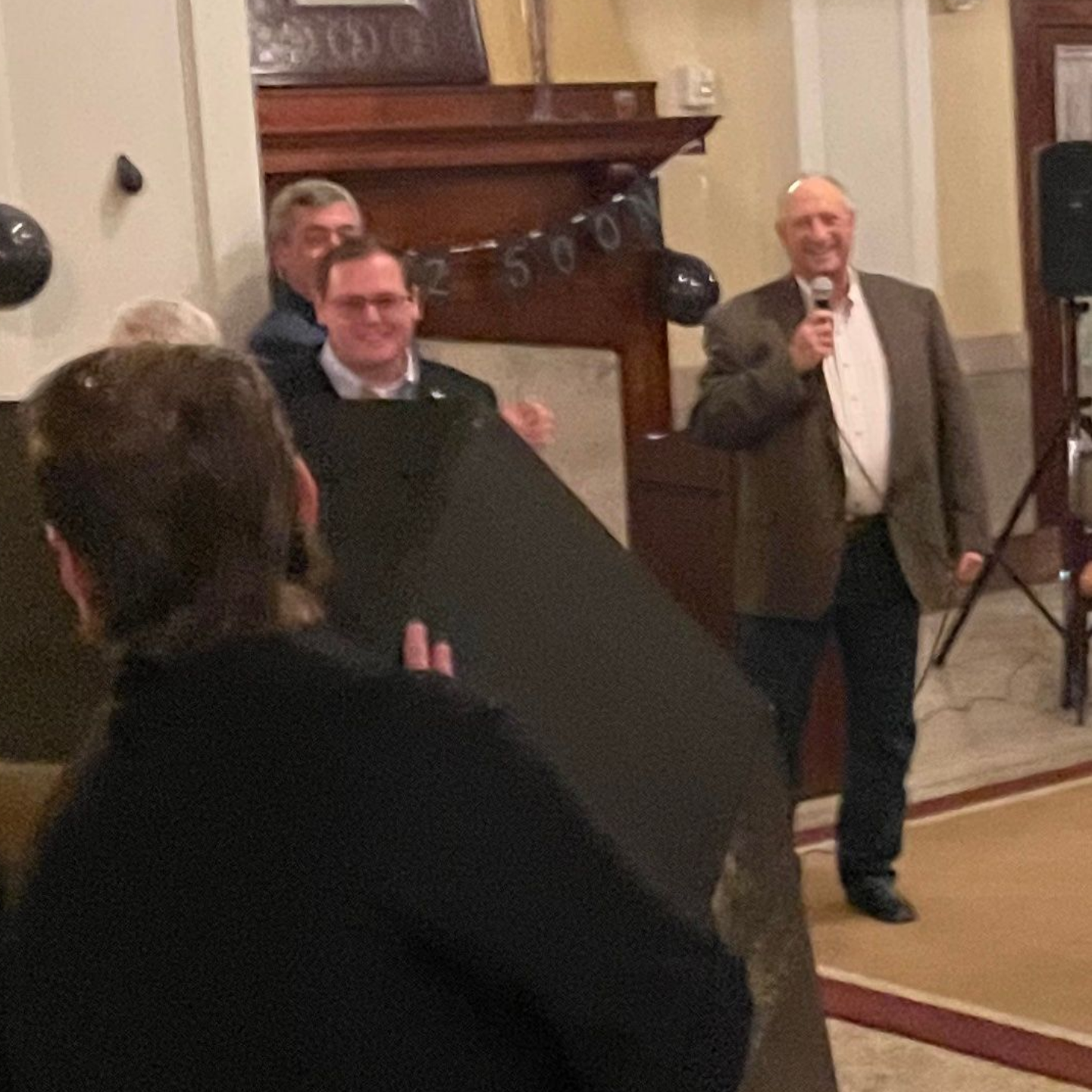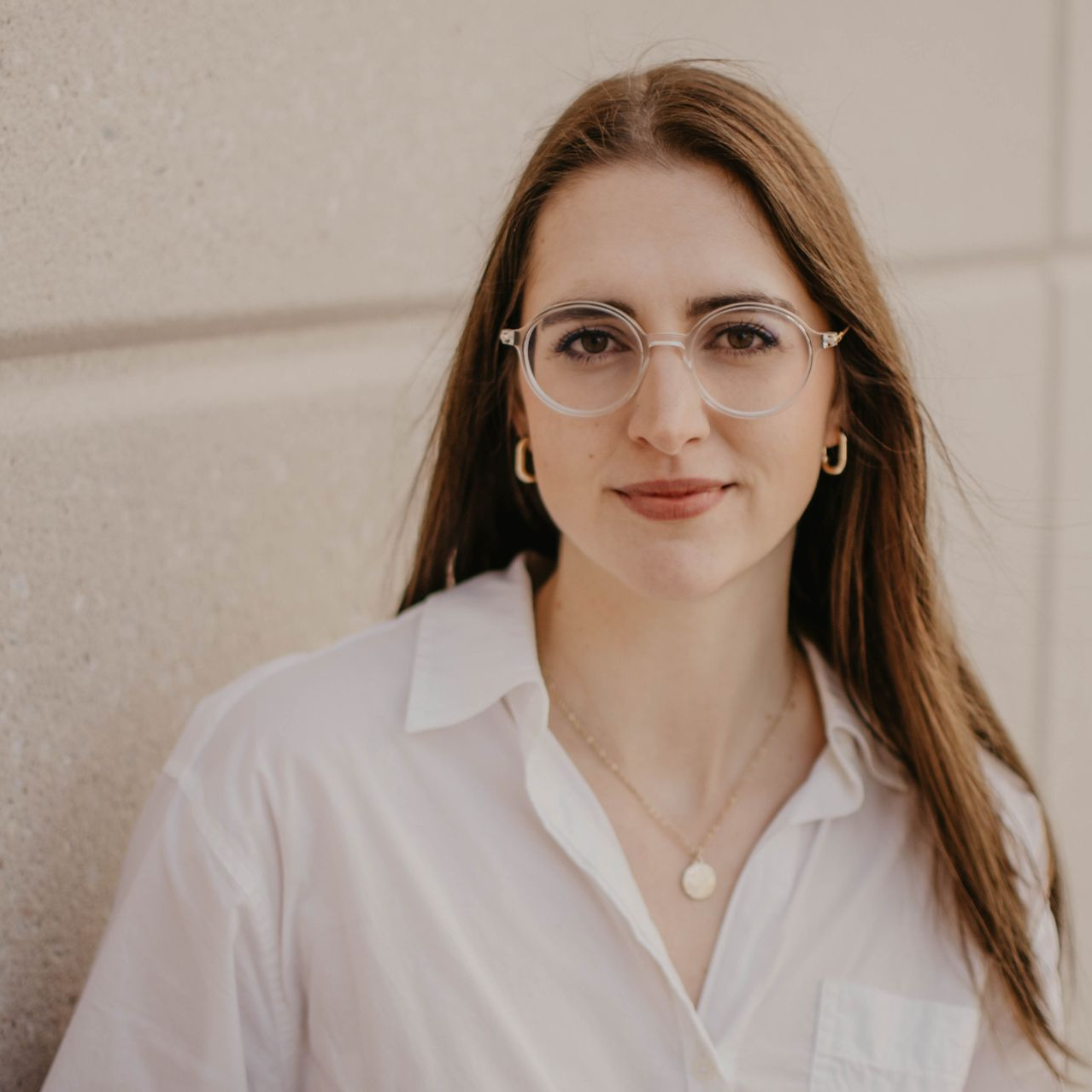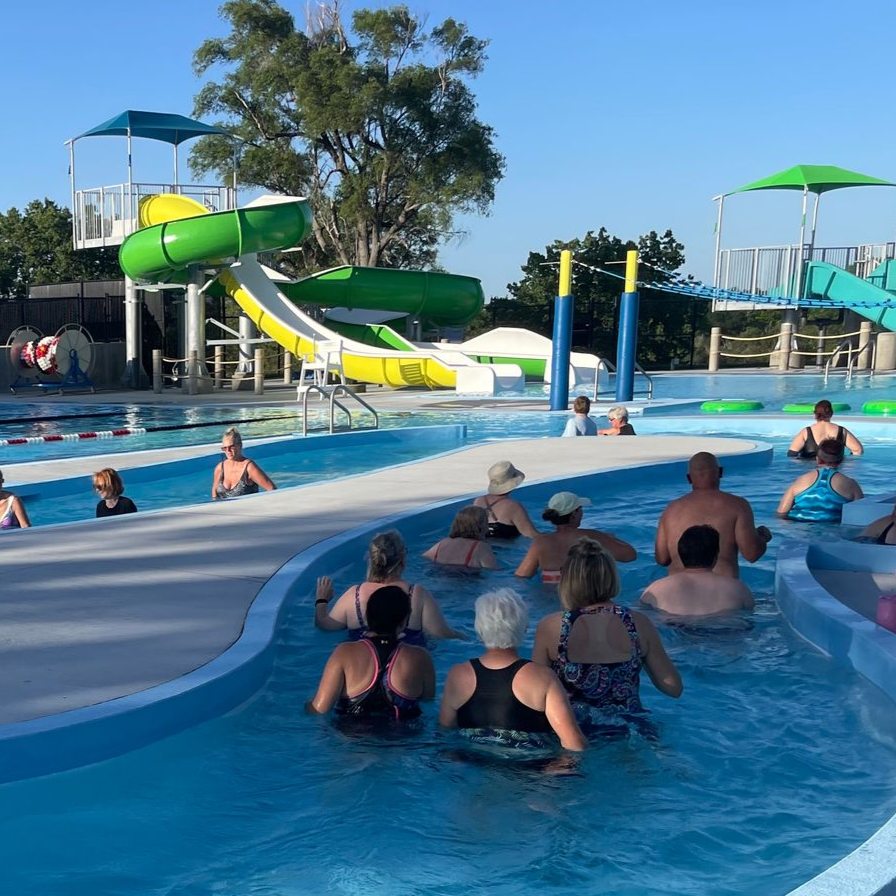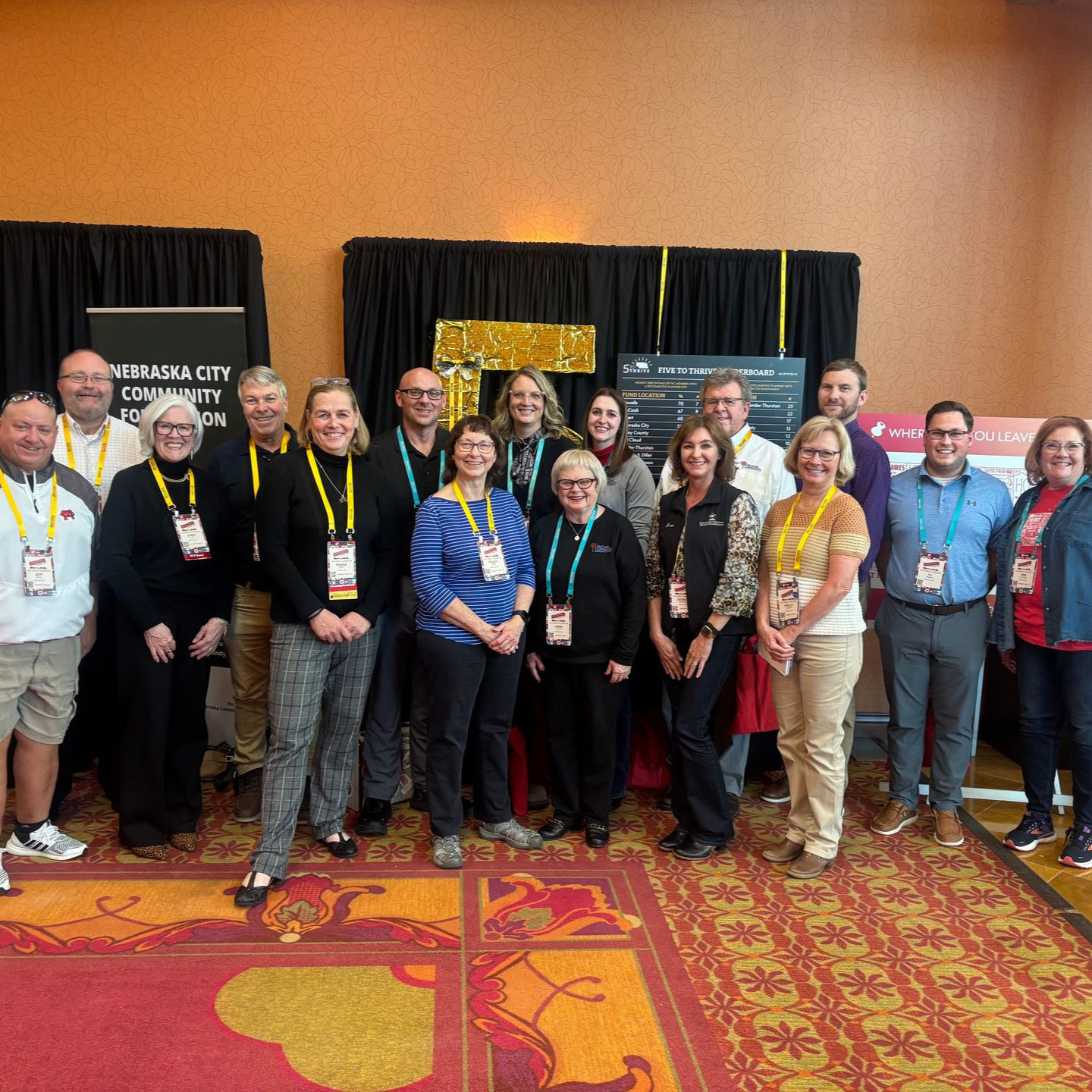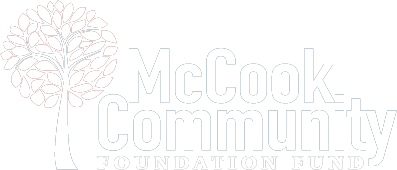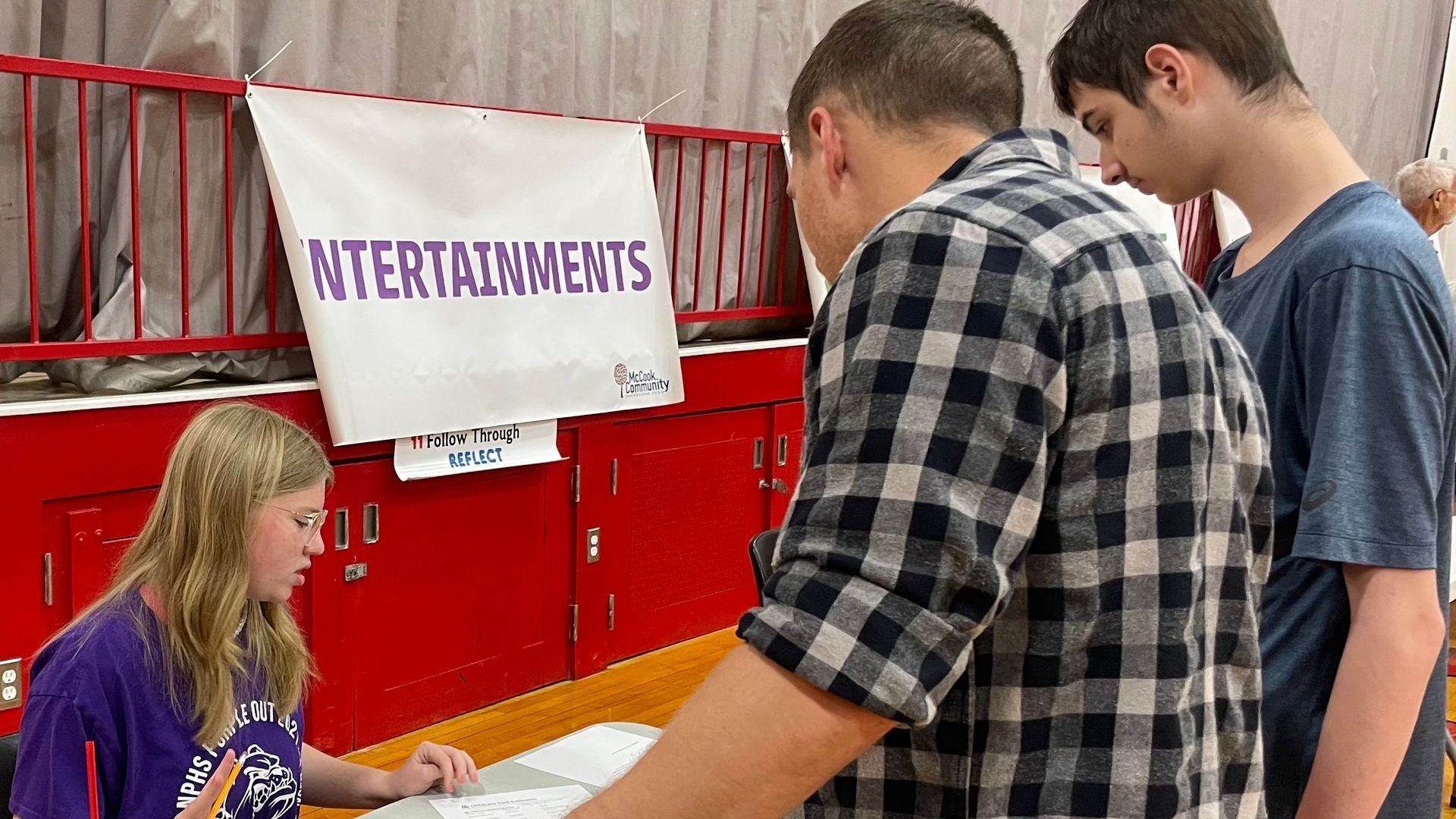
Over the years, I have had the privilege of doing a lot of fun activities with our local young people. Sometimes, it is sponsoring prom in the spring, giving me a chance to show off my mediocre dance moves. Occasionally, I get to go with students on field trips such as the Hastings Museum or Memorial Stadium in Lincoln, although not even my son who is a UNL cheerleader can get us on the new turf.
And then there are those local projects that take place just once a year that are eye-opening for me and hopefully make a long-term impact on our young people.
Two of those projects took place over the past two weeks in McCook, getting kids close-up and personal with their local history and also with their personal choices.
The annual 6th grade Heritage Walking Tour takes kids on a stroll through downtown McCook to learn about people and stories which have made McCook what it is today.
Coordinated by the McCook Community Foundation Fund and McCook Public Schools, the junior high students visit historic locations and hear from experts at each site.
My sole role on the day of the tour is just to follow the kids, teachers and Youth Change Reaction youth group around to take pictures, but I inevitably learn something new.
For example, Stacee Smock shared during her history about MNB Bank that five investors pooled their money to start the local bank, which I knew. What I didn’t know was that among those investors was a Catholic priest. Priests take a vow of poverty, but this priest believed in the power of a local bank so much that he found the funds. We’re not going to ask anymore about that but we are thankful that this community asset is in place more than a century later.
The tour also included stops at Sen. Ben Nelson’s boyhood home, which included personal tidbits about the McCook native and his role in McCook’s rich political heritage; the Keystone Business Center, which always elicits “oohs” and “aahs” when they reach the upper stories, either because of the view or because the students are forced to take five flights of stairs; Ember’s Bakery, formerly known as Sehnert’s, which ends with the always-appreciated donut gift card; and the High Plains Museum, where the kids are in awe of a rotary telephone just to make the rest of us feel old.
And new this year was a visit to the McCook Mural on East First Street. Led by artist Karrie Steely of the McCook Creative District, the students learned about the history incorporated into the half-block long painting and also had a chance to express their artistic side with drawings of their own.
While we do ask the students what they like about the day, organizers know the reality of the situation is that lunch and games in Norris Park at the end of the day are their favorite stops.
Speaking of reality, the McCook eighth-graders took part in “Reality Checks” earlier this week, which was started a few years ago with a grant from MCFF.
The goals of “Reality Check” are to give students a glimpse of their future in a fun way, help teens become aware of basic financial planning skills, and clarify the need for young people to examine their attitudes about their futures and career expectations.
Participants are given a worksheet with an occupation and a lifestyle status a 25-year-old person may experience. Jobs range from a mechanic, banker to a teacher, along with a salary and corresponding payroll deductions. They may be single, living with a roommate, married, have a stay-at-home spouse or X number of children - all possible situations the students will face in a few years.
Sitting at a station labeled “Groceries,” I shared with the students how much it was going to cost to feed themselves and their family for the month. Some stations had flexibility such as transportation, where you could choose to ride a bike (not terribly feasible every day with a family of five); or entertainment, where you could decide if you were going to a movie or staying home to play cards. Unfortunately my stop didn’t offer much wiggle room. Some students tried to negotiate, but we all have to eat and groceries are not getting cheaper.
Usually the events I help with have kids are laughing and giggling or, at least, mildly stoic. During “Reality Check,” there were kids who were downright depressed by the time they visited my table because they were already broke and they hadn’t even bought food for the month yet. Not to mention, purchasing pet food for their dog or diapers for their set of twins.
But it was a good lesson in priorities, that maybe you don’t have to go out to eat five times each week; a good lesson in economics, that a $35,000 salary goes quickly if you want a nice car; and a good lesson in responsibilities, that all the education, bills, or even just figuring out what to make for dinner is hard. Being an adult isn’t always all it’s cracked up to be but it’s a good lesson for the young people to learn.
Ultimately, both the McCook Heritage Walking Tour and Reality Checks provided lessons for our young people about themselves, their futures and their communities.
